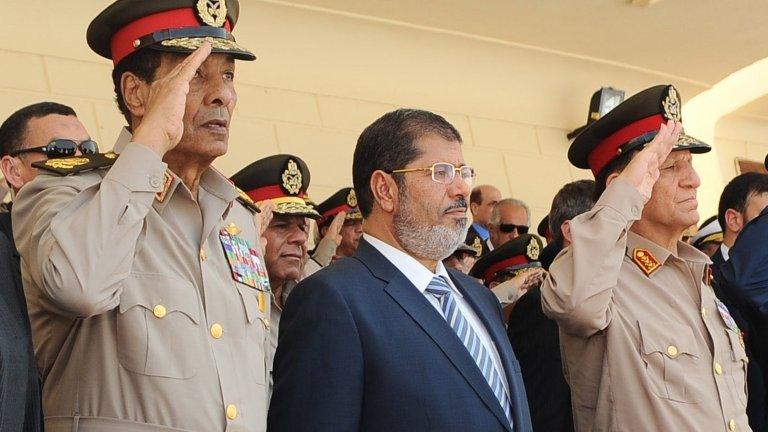David Cameron urges UN to step up Syria efforts
- Published
David Cameron: "The blood of these young children is a terrible stain on this United Nations"
Prime Minister David Cameron has urged world leaders to do more to stop the "atrocities" of President Bashar Assad's government in Syria.
In the keynote speech to the United Nations General Assembly, he cited a recent report documenting torture and murder of children by regime forces.
It was a "stain on those who have failed to stand up" to Syria, he said.
Mr Cameron also urged leaders to back the emerging democracies of the Arab Spring.
Addressing Syria, Mr Cameron said: "If anyone was in any doubt about the horrors that Assad has inflicted on his people, just look at the evidence published by Save the Children.
"The blood of these young children is a terrible stain on the reputation of this United Nations.
"And in particular, a stain on those who have failed to stand up to these atrocities and in some cases aided and abetted Assad's reign of terror.
"If the United Nations Charter is to have any value in the 21st Century, we must now join together to support a rapid political transition."
'Bang the drum'
He also pledged a further £7.4m ($12m) in UK humanitarian aid for civilians caught up in the civil war in Syria.
Russia and China have vetoed UN Security Council resolutions which could have led to sanctions on Syria but Mr Cameron did not refer to the countries by name in his speech.
Turning to the Arab Spring, Mr Cameron said it "represents a precious opportunity for people to realise their aspirations for a job, a voice and a stake in their own future".
He added: "We in the United Nations must step up our efforts to support the people of these countries as they build their own democratic future."
Before his address to the General Assembly, Mr Cameron held talks with Libyan President Mohamed Yousef el-Magariaf.
He also met Egypt's first democratically elected leader, President Mohamed Mursi, of the Muslim Brotherhood, at New York's Waldorf Astoria hotel.
He was expected to offer Britain's advice on how to manage the area of the Sinai, which has seen recent clashes between security forces and militants.
Chief of the Defence Staff Sir David Richards is due to take part in discussions about security in the Sinai when he visits Cairo later in the year.
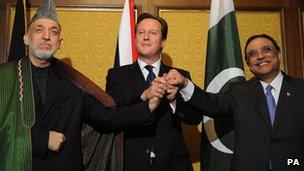
Mr Cameron held talks with the Afghan and Pakistan presidents
The UK prime minister also promised to help repatriate about £100m of Egypt's assets - stolen by ousted president Mubarak and frozen in the UK during last year's upheavals - with a new task force supporting Arab Spring countries.
A six-month BBC Arabic and BBC Newsnight investigation, broadcast in September 2012, found public documents showing that Mubarak assets in London had still not been frozen by the British government, contrary to the EU sanctions agreement signed in March 2011.
The BBC investigative documentary interviewed two independent asset recovery lawyers who stated that contrary to what the Foreign Office claimed, the UK could have acted immediately in freezing Egyptian assets in the UK as the Swiss government had done.
So far, the Swiss government has frozen £500m of Egyptian assets and the UK has frozen just £85m.
Mr Cameron also took part in talks with Afghan President Hamid Karzai and Pakistani president Asif Ali Zardari.
The two leaders agreed to work together on a framework for co-operation following the withdrawal of international troops from Afghanistan in 2014.
- Published13 July 2012
- Published16 August 2012
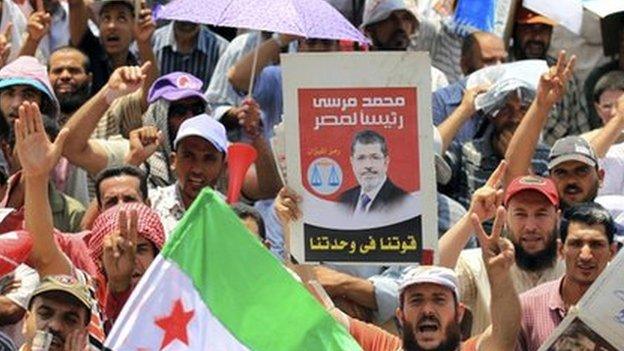
- Published20 September 2012
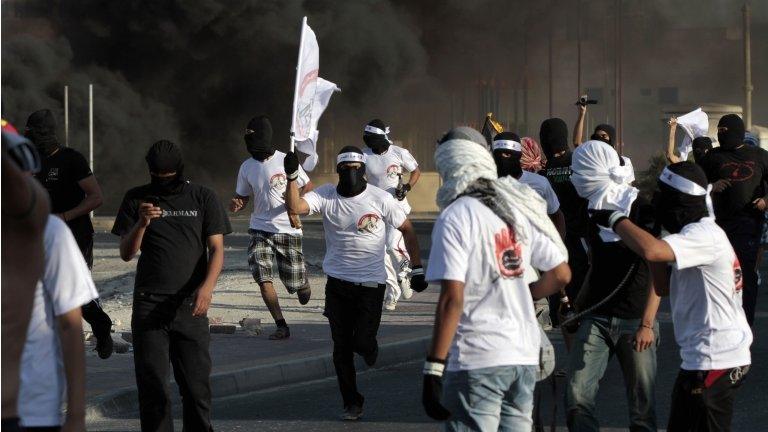
- Published18 July 2012
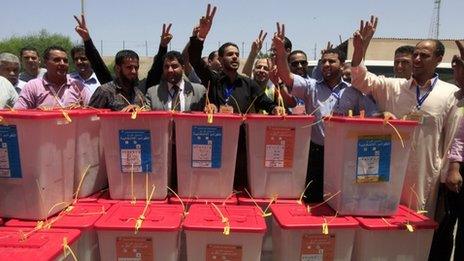
- Published17 June 2019
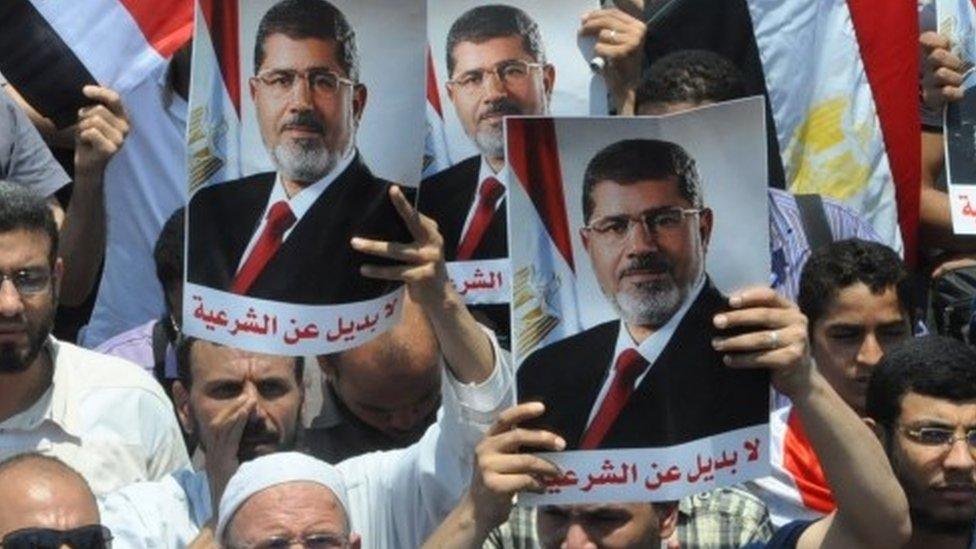
- Published13 August 2012
